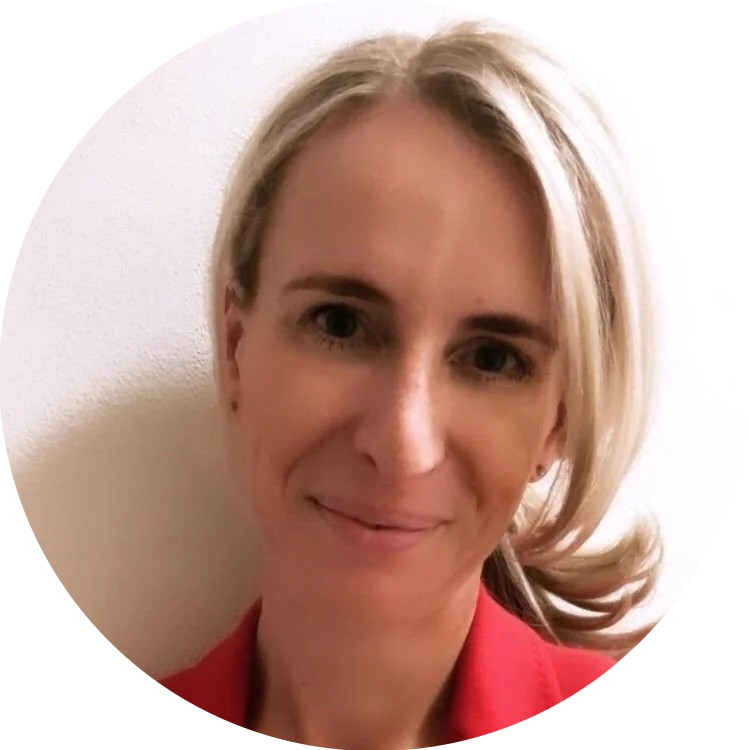
“If we discover a promising new drug, we need access to real patient tissue and data to test it. Without that infrastructure, the research stops short."
Professor Lenka Munoz
“I’m getting brain tumour tissue from Finland."
She didn’t know it at the time, but in 2014 when Professor Lenka Munoz remarked, “I’m getting brain tumour tissue from Finland,” she planted a seed that would help establish Brain Cancer Australia.
Having just arrived from overseas, Lenka wasn’t familiar with Australia’s biobanks. To progress a research project, she turned to contacts in Finland to source the tumour tissue she needed. When she later shared this story with Brain Cancer Australia founder Robyn Leonard, it struck a chord.
Robyn already knew how fragmented Australia’s biobanking system was, and Lenka’s experience cemented the decision to launch Brain Cancer Australia’s first major initiative – a national network connecting biobanks so researchers could access the tissue they need without barriers.
Today, Lenka leads the Glioblastoma Drug Discovery laboratory at the University of Sydney, where her team is focused on finding new treatments for one of the most aggressive forms of brain cancer. But she is quick to point out that no single lab can make progress in isolation.
“I don’t work in biobanking or clinical trials day-to-day, but I need those systems to exist,” she says. “If we discover a promising new drug, we need access to real patient tissue and data to test it. Without that infrastructure, the research stops short. That’s why Brain Cancer Australia matters – we all talk together; we all share knowledge, new discoveries and we don’t do anything in isolation.”
Lenka trained as a pharmacist and medicinal chemist in Slovakia before working and continuing her studies in Germany and the United States.
In 2011, she moved to Sydney to establish an independent research career, building a program in brain cancer drug discovery from the ground up to push new treatments closer to patients. Most recently, her team uncovered how a promising drug candidate (drug in development) works – a two-year effort that was critical to ensuring it could move forward into clinical trials.
Read more about Lenka’s career and her impact on brain cancer research.



